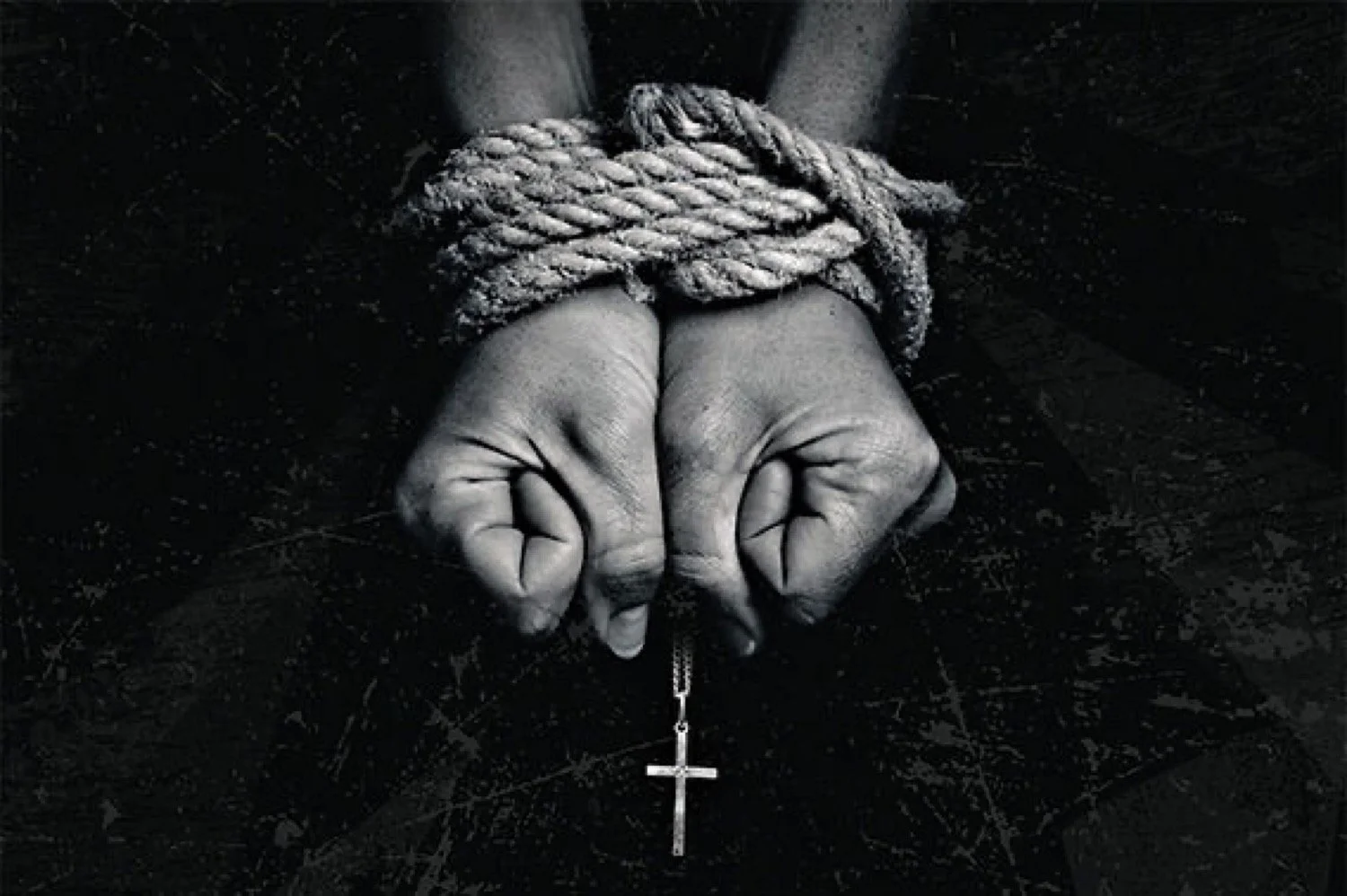Readings for today: Genesis 6-7
Enoch walked with God. Noah walked with God. Abraham walked with God. It’s a phrase that’s repeated over and over again throughout the Bible to describe the lives of the righteous. They walk with God. They keep in step with the Spirit of God. They do not run ahead of God. They do not lag behind God. They walk with Him every hour of every day. Does this mean they are perfect? Surely not. All have sinned and fallen short of God’s glory. Does this mean they never wander away? Not at all. All like sheep have gone astray. Does this mean they never stumble or fall? Nope. All of us stumble. All of us fall from time to time. But when we do we are not down for long because God has a grip on us.
We live in terrible times. At least that’s what we believe. Media outlets report horror story after horror story on a daily basis. Social media seems specifically designed to heighten tension and outrage and anger and hate. Extreme elements on either side of the political spectrum threaten to tear our country apart with their lies. Pressures on our families and communities are often too much to bear resulting in divorce, separation, and divisions. Our children bear the brunt of this stress, reporting increasingly high levels of depression, anxiety, self-harm, and suicidal ideation. (See Jonathan Haidt’s recent article in the Wall Street Journal on the “National Crisis of Gen Z.”) In the face of all this bad news, it’s easy to give up. It’s easy to turn inward and simply focus on ourselves. It’s easy to isolate out of a sense of self-preservation. But we are not the first to face such times…
“God saw that human evil was out of control. People thought evil, imagined evil—evil, evil, evil from morning to night. God was sorry that he had made the human race in the first place; it broke his heart. God said, “I’ll get rid of my ruined creation, make a clean sweep: people, animals, snakes and bugs, birds—the works. I’m sorry I made them.” But Noah was different. God liked what he saw in Noah. This is the story of Noah: Noah was a good man, a man of integrity in his community. Noah walked with God. Noah had three sons: Shem, Ham, and Japheth. As far as God was concerned, the Earth had become a sewer; there was violence everywhere. God took one look and saw how bad it was, everyone corrupt and corrupting—life itself corrupt to the core.” (Genesis 6:5-12 MSG)
But Noah was different. Noah was a good man. Noah was a man of integrity in his community. Noah walked with God. In the face of all the evil that surrounded him and hemmed him in on every side, Noah refused to isolate. Noah refused to give into the temptation to take care of himself. Noah refused to give into fear and instead chose the path of faith. Noah walked with God.
What our world needs more than ever are men and women who have the courage and faith to walk with God. To be people of integrity in their communities. To dare to be different in the name of Jesus. Today is a day of opportunity. A day to walk with God. To walk with God in our homes. To walk with God into our workplaces. To walk with God as we hang out with friends and those we love. To walk with God among our neighbors. Wherever you go and whatever you do, you are walking with God if you are a Christian. He is with you. He resides inside you through the presence of the Holy Spirit. He is there to guide you and protect you and lift you up if and when you fall. If you start to go astray, He will pursue you. He will never let you go. The call from God’s Word today is simply to be the man or woman God has created you to be. To walk intentionally with God through every circumstance of life.
Readings for tomorrow: Genesis 8-9, Psalms 12




